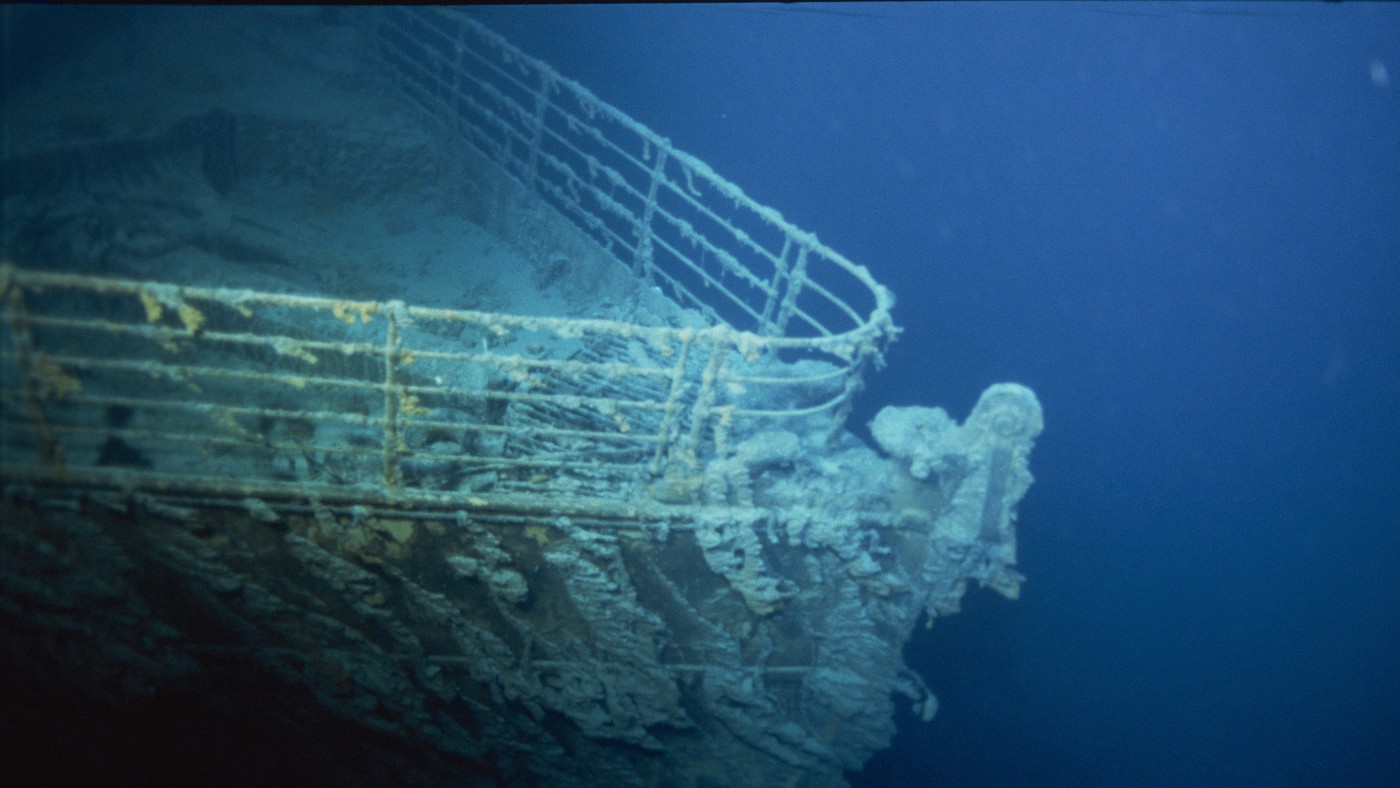Why did the DUP turn on Arlene Foster?
Northern Ireland first minister resigns after revolt from party representatives

A free daily email with the biggest news stories of the day – and the best features from TheWeek.com
You are now subscribed
Your newsletter sign-up was successful
Arlene Foster has resigned as DUP leader and Northern Ireland first minister after three-quarters of her party’s Assembly members and half of its MPs signed a letter of no confidence in her.
She said “she would step down as DUP leader on 28 May and as first minister at the end of June”, reports the BBC.
Foster told Sky News that serving the people of Northern Ireland had been “the privilege of my life” and added: “The future of unionism and Northern Ireland will not be found in division. It will only be found in sharing this place we are privileged to call home.”
The Week
Escape your echo chamber. Get the facts behind the news, plus analysis from multiple perspectives.

Sign up for The Week's Free Newsletters
From our morning news briefing to a weekly Good News Newsletter, get the best of The Week delivered directly to your inbox.
From our morning news briefing to a weekly Good News Newsletter, get the best of The Week delivered directly to your inbox.
The Belfast News Letter reported this morning that as many as 23 of the DUP’s Northern Ireland Assembly members, as well as four of the party’s eight Westminster MPs, had put their names to a letter which signalled a lack of faith in their party leader.
The letter has not been made public, but DUP sources told the paper the wording amounted to “very clearly” saying that “we have no faith in the leadership”.
A source told The Belfast News Letter that unionism was “crying out for leadership” and that the party needed “clear direction” after a series of U-turns on key issues.
There had been “mounting discontent” over Foster’s leadership amongst the party grassroots and the wider unionist community in recent months, reports The Irish Times.
A free daily email with the biggest news stories of the day – and the best features from TheWeek.com
Much of the anger has been over Foster’s handling of the Northern Ireland protocol and the DUP’s part in creating the Irish Sea border.
Foster “briefly endorsed the arrangements” in January, “only to row in behind outspoken MPs like Ian Paisley and Sammy Wilson who urged a campaign of resistance”, reports The Guardian.
The DUP, and in particular Foster, have been “haunted” by the “rousing welcome” they gave Boris Johnson at their party conference in 2018, when the then foreign secretary promised to fight any attempt to impose a border in the Irish Sea, says the newspaper. “The DUP smoothed his subsequent path to Downing Street by rejecting Theresa May’s Brexit deal,” the Guardian reports.
But the party argues that it has never supported the Northern Ireland protocol and has tried to have it overthrown.
There was also upset among the party’s Free Presbyterian religious base that Foster abstained on an Assembly vote to ban gay conversion therapy.
Several DUP constituency associations wrote letters expressing concern at her decision to abstain on the vote, along with two of her ministers.
That so many DUP members signed a letter of no confidence was “a bold and unprecedented move within the Democratic Unionist Party”, reported the BBC’s Enda McClafferty earlier today.
The DUP does not usually depose its leaders and its voting system to select a new leader has “never been used”, said The Guardian. A tiny pool of just a few dozen DUP assembly members, MPs and peers will be able to select their next leader in the event of a contest, but there is no “obvious” successor to replace Foster, it added.
Sorcha Bradley is a writer at The Week and a regular on “The Week Unwrapped” podcast. She worked at The Week magazine for a year and a half before taking up her current role with the digital team, where she mostly covers UK current affairs and politics. Before joining The Week, Sorcha worked at slow-news start-up Tortoise Media. She has also written for Sky News, The Sunday Times, the London Evening Standard and Grazia magazine, among other publications. She has a master’s in newspaper journalism from City, University of London, where she specialised in political journalism.
-
 Bondi, Democrats clash over Epstein in hearing
Bondi, Democrats clash over Epstein in hearingSpeed Read Attorney General Pam Bondi ignored survivors of convicted sex offender Jeffrey Epstein and demanded that Democrats apologize to Trump
-
 Are Big Tech firms the new tobacco companies?
Are Big Tech firms the new tobacco companies?Today’s Big Question Trial will determine if Meta, YouTube designed addictive products
-
 El Paso airspace closure tied to FAA-Pentagon standoff
El Paso airspace closure tied to FAA-Pentagon standoffSpeed Read The closure in the Texas border city stemmed from disagreements between the Federal Aviation Administration and Pentagon officials over drone-related tests
-
 Would North Korean weapons tilt the war Russia’s way?
Would North Korean weapons tilt the war Russia’s way?Today's Big Question Putin wants to boost ‘depleted stocks’ but Pyongyang’s arms may be in poor condition
-
 What went wrong with the German economy?
What went wrong with the German economy?Today's Big Question ‘Deep-rooted’ and ‘knotty’ problems threaten return of ‘sick man’ label
-
 Why are so many local councils on the brink of bankruptcy?
Why are so many local councils on the brink of bankruptcy?Today's Big Question Inflation, underfunding and growing demand for services has put pressure on local authorities at the worst time
-
 UFO hearing: why is Washington suddenly embracing aliens?
UFO hearing: why is Washington suddenly embracing aliens?Today's Big Question Speculation of extraterrestrial life has moved from ‘conspiracy fringe’ to Congress
-
 Can the Ukraine-Russia Black Sea grain deal be rescued?
Can the Ukraine-Russia Black Sea grain deal be rescued?Today's Big Question The Kremlin’s termination of agreement has sparked fears among food-insecure countries
-
 Roman-era Brits kept lap dogs
Roman-era Brits kept lap dogsfeature And other stories from the stranger side of life
-
 Where is China’s missing foreign minister Qin Gang?
Where is China’s missing foreign minister Qin Gang?Today's Big Question Three-week absence coincides with rumours of an affair with Hong Kong TV presenter Fu Xiaotian
-
 What happened to the missing Titanic sub?
What happened to the missing Titanic sub?Today's Big Question Oxygen supplies running out after vessel lost contact during ‘daredevil’ trip